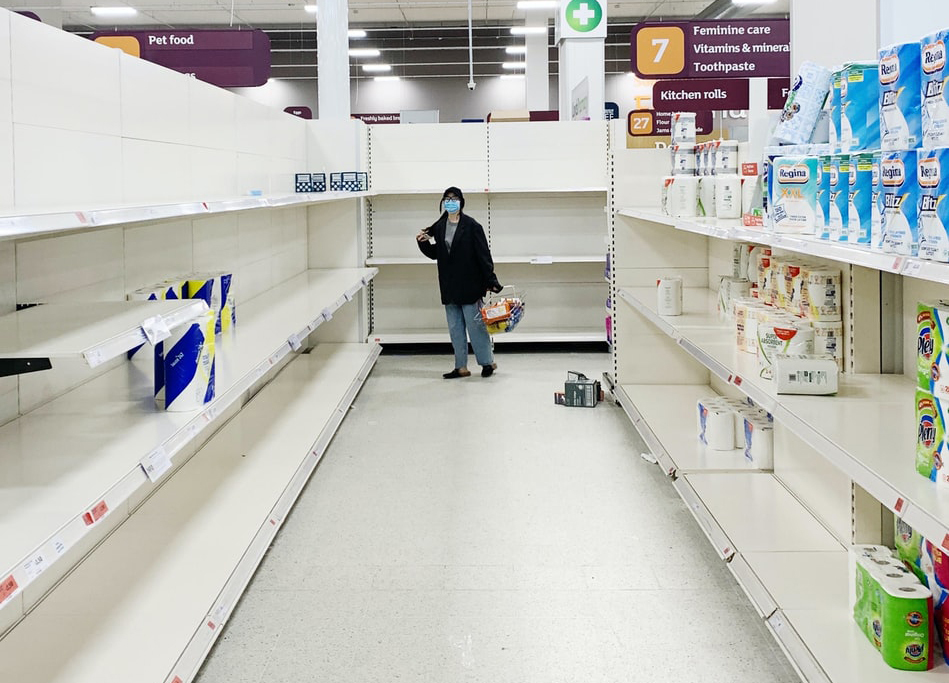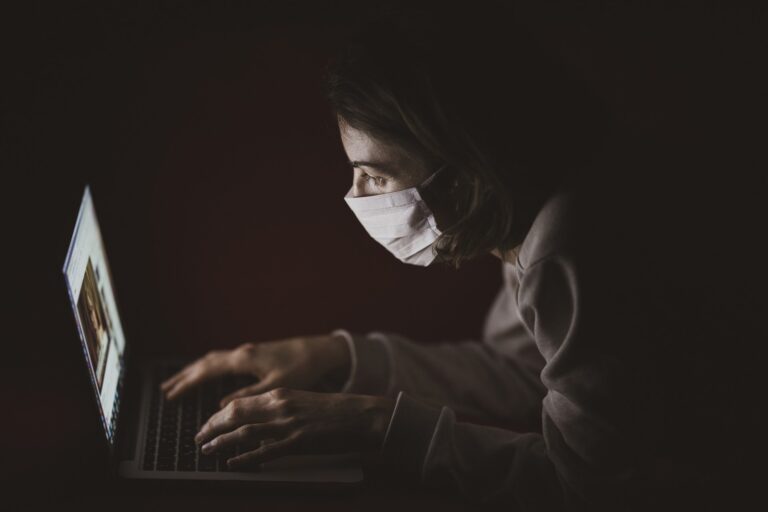Crisis Management
2020 has been a tumultuous year — to say the least. A deadly pandemic, economic collapse, natural disasters, social unrest and political turmoil have had a massive effect on our lives, both individually and communally. Take one look at a news website and it can feel like the whole world is falling apart. Unpleasant feelings of stress, panic, and fear often follow, which make it difficult to take care of our everyday responsibilities. If we’re having an emotional crisis, how can we use emotional intelligence and coping skills to lessen its effect?
A critical first step in preventing a crisis from external factors is to clearly define what you can and cannot control.
A critical first step in preventing a crisis from external factors is to clearly define what you can and cannot control. While we cannot control the actions of others or accurately predict what’s going to happen, we have full control over our actions and our mindset. If you have a few minutes, write down a list of the things that you can and cannot control, and come back to it if negative emotions persist.
Another crucial step is to limit exposure to news and social media. It’s important to stay informed about current events, but we often consume far more information than we actually need, which can lead to poor health outcomes years in the future. If possible, check social and news media no more than two times per day, which is enough to stay informed but not enough to become a mental drain. Instead, use the time to connect online with friends and family who you’re unable to see in person due to current circumstances.
Finally, keeping your body healthy will keep your brain happy. Regular sleep and exercise schedules keep the body strong and well-rested, and a healthy diet improves both mental and physical health. The brain likes predictable activities, and over time you’ll form routines that allow your nervous system to relax.
Citations:









